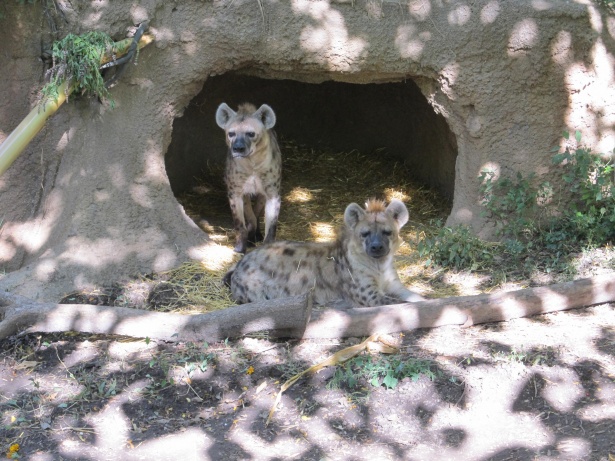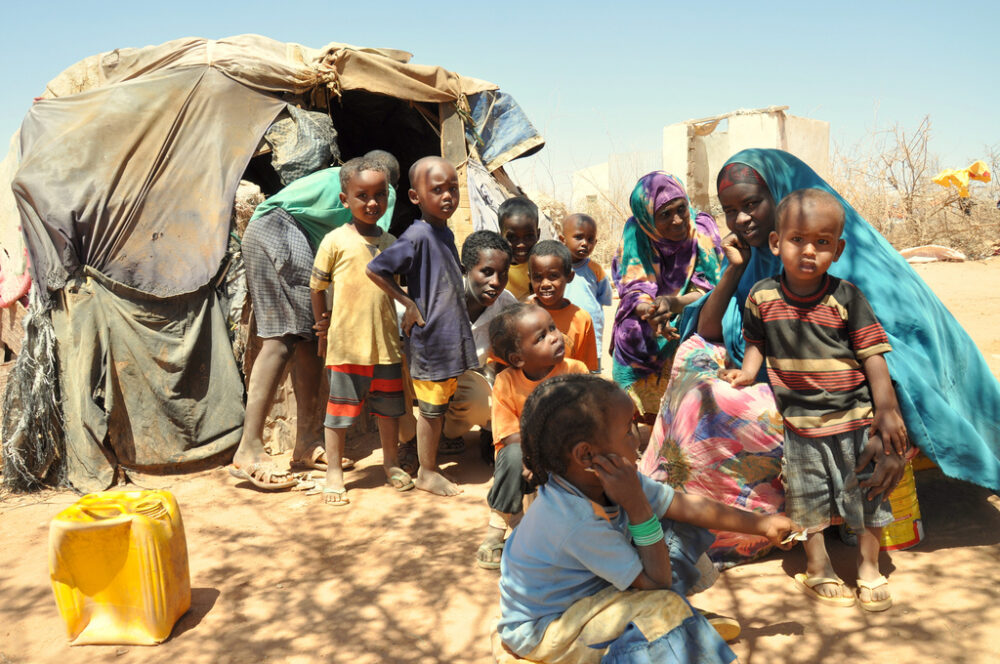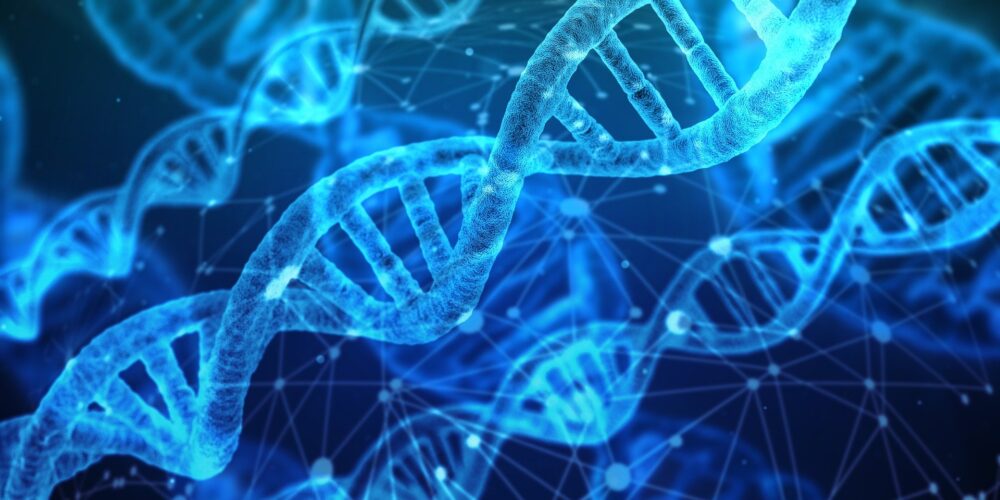Opinion: What indigenous communities teach us about mental health care
The historical and current exploitation of resources, systemic oppression, and forced assimilation that has been part of the colonization of indigenous homelands have taken an enormous toll on the health of indigenous communities around the world. Today, modern healthcare in colonized lands is not fulfilling its responsibilities to provide indigenous people with equal access to […]
Opinion: What indigenous communities teach us about mental health care Read More »








